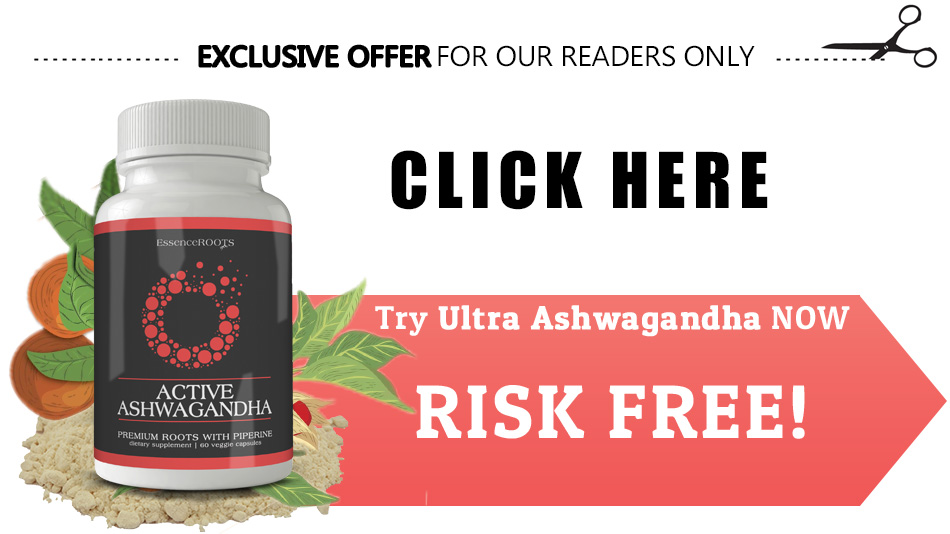Innovation opportunities abound for nutrition products that address anxiety, stress, mood, and sleep.
Qualifying and quantifying the market for products that address anxiety, stress, mood and sleep is a little like trying to nail jelly to the wall or define “obscenity.” Regarding the latter, U.S. Supreme Court Justice Potter Stewart famously remarked in 1964 that “I know it when I see it” to describe his threshold test in Jacobellis v. Ohio. To some extent, this also applies to the market for products that address anxiety, stress, mood and sleep.
Products addressing anxiety, stress, mood and sleep are scattered all over the marketplace. No longer are innovation opportunities limited to over-the-counter (OTC) medications and dietary supplements.
GlobalData identified product innovation oriented around anxiety, stress, mood and sleep that spans nearly 30 different product categories. Product manufacturers are addressing these needs in categories as diverse as fruit, chocolate, yogurt and beer, to air fresheners, fabric conditioners, facial-care products and more.
Companies far and wide want a piece of the pie because the pie is big—and growing. GlobalData puts the global market for sleeping aids (classified as OTC health care products) at $US1.36 billion as of 2016. GlobalData expects this market will grow at a compound annual growth rate (CAGR) of just over 4.1 percent for the period from 2015 to 2020. GlobalData puts the U.S. market for sleeping aids at just under $375 million as of 2016, and projects that this market will expand at a CAGR of 3.5 percent for the period from 2015 to 2020.
But trying to measure a market like sleeping aids is not as easy as it used to be, as a growing amount of sleep-related product innovation is taking place outside of OTC health care products and supplements. It is not unusual today to see functional drinks, milk, tea, food products and even facial-care products promote enhanced sleep. Even within OTC medications, sleep aids have become a moving target as companies attempt to monetize interest in more natural and holistic formulations.
Procter & Gamble’s Vicks ZZZQuil sleep aid is now available in the dietary supplement aisle in a formulation with melatonin as an active ingredient plus sleep-enhancing botanicals like lavender, chamomile, valerian root and lemon balm. Bayer Alka-Seltzer PM heartburn relief + sleep support gummies mixes sleep enhancement with indigestion relief—a mixed marriage that is an outgrowth of pain relief and sleep aid combination products that have become popular in recent years.
Innovation in food or drink-related formulations is even more impressive. In Austria, Snoozle natural sleep drink leverages plants and herbs like Californian poppies, valerian, passionflower, linden flower and lemon balm to help consumers fall and stay asleep. Sleep Well milk drink from the U.K. is spiked with a “dose” of valerian to help consumers relax and get a better night’s sleep. In the United States, Dream Water + Beauty zero-calorie beauty sleep shot links sleep with beauty in a product that counts gamma-aminobutyric acid [GABA], L 5-hydroxytryptophan and melatonin as top ingredients.
Product innovation outside of pill and tablet formulations is being energized by changing consumer preferences toward health-enhancing ingredients. Consumers are less enamored with pill-popping and increasingly prefer foods or drinks as delivery systems. According to a GlobalData 2017 Q4 consumer survey, 75 percent of Americans said their preferred consumption format for health-enhancing ingredients is food; 50 percent said the same for beverages. Pills or tablets were chosen by 37 percent of consumers. Survey respondents could choose more than one format as their “preferred consumption format.”
Product innovation oriented toward anxiety, stress or mood follows similar dynamics with innovation in functional drinks, especially keen. One fast-rising star on the ingredient front there is cannabidiol (CBD), which is lauded for its ability to ease anxiety and stress, as well as improve sleep.
New in the United States, Endo Water hemp-infused water illustrates this trend with a formulation that contains “CBD premium hemp extract.” The non-psychoactive beverage (which contains no THC) is also said to be “neuro protectant” and offers anti-inflammatory benefits. Cloud 9 Brewing High Flyer session IPA with cannabis oil extract proves that CBD can also play in the alcoholic beverage space with a product also free of THC but promising to reduce anxiety and stress. The drink is said to be a “new wave craft beer.”
Maca and ashwagandha are two other botanical ingredients are making headway in the anxiety, stress, mood and sleep Sector. Macaccino is a roasted maca blend superfood drink that is new in the United States and helps “power your day without caffeine.” This mood-booster is formulated with maca root, which is said to be an adaptogen, meaning it helps the body adapt to stress. Amazing Grass dietary supplement in a Brain Elixir variant isalso new in the United States and features a “stress-reducing elixir blend of six adaptogenic herbs including moringa, ashwagandha, reishi, Cordyceps, schisandra and mucuna.”
The need to manage anxiety and stress is not going to go away anytime soon. In fact, the need is likely to expand as we begin to more fully understand the growing health risk that both pose, primarily through loss of sleep. A trio of new studies recently presented at a meeting of the European Study of Cardiology suggested an association between sleep and increased mortality. One study found older men who slept less than five hours per night had double the risk of a serious cardiovascular event. As our knowledge of these health risks expands, so too will innovation opportunities for consumer goods marketers offering solutions.
Source: https://www.naturalproductsinsider.com/healthy-living/product-offerings-grow-anxiety-stress-mood-and-sleep-category
What's the REAL problem with Ashwagandha?
Eventhough Ashwagandha comes with a laundry list of incredible health benefits:
- Supports Healthy Thyroid Function
- Promotes a Calm State of Mind
- Improves Mood and Energy
- Boosts Memory and Supports Brain Health
- Strengthen Immune Function
It has *one major flaw*.
The major flaw of Ashwagandha is bioavailability.
The body has a hard time absorbing Ashwagandha Powder, which makes bioavailability a HUGE issue! Bioavailability is the amount of a substance that enters your bloodstream. More bioavailability means you actually get the health benefits you’re looking for. But less bioavailability? That means you’re wasting money.
Essence Roots has discovered a unique, yet simple way to make Ashwagandha more bioavailable than ever.
Along with giving us superstar nutrients like ashwagandha, Mother Nature also provides us with helper nutrients. These helper nutrients take a good thing and make it even better. Scientists call these Bioavailability Enhancers, and new research points to piperine as being the most effective on the planet. Ultra Ashwagandha comes in a veggie capsule packed full of piperine, making it the most bioavailable Ashwagandha money can buy!
Special Offer
Today Ultra Ashwagandha by Essence Roots is running a 50% off promotion. The more bottles you buy, the more discount you get. So don’t wait until its too late, take advantage of this incredible offer now. Don’t forget to come back and let us know about your results!
Simply click on the link bellow to claim your deal.

This is a one time purchase with no hidden additional cost or obligations.



